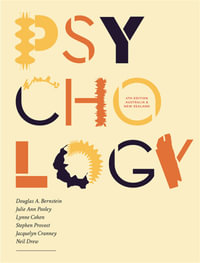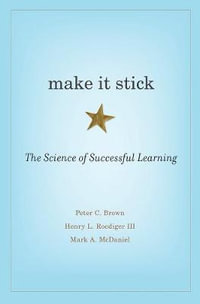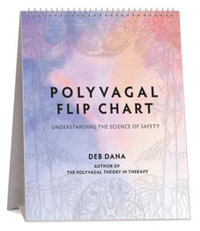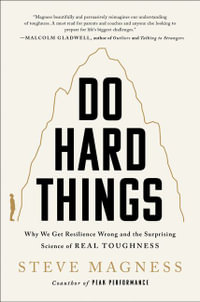| Introduction | |
| Moves in Mind | |
| Board Games and Cognitive Psychology | |
| The Role of Board Games in Science | |
| The Role of Board Games in Psychology | |
| Structure of the Book | |
| Formal Analyses of Board Games | |
| Fundamental Concepts | |
| Board Games in Computer Science and Artificial Intelligence | |
| Information and Complexity Analysis | |
| Game Theory and the Concept of Error | |
| Conclusion | |
| Theories of Board-game Psychology | |
| A Brief History of Board-game Psychology | |
| Theories of Chess Skill | |
| Influences from Other Theories of Cognition | |
| Theories of Development and Environment | |
| Conclusion | |
| Perception and Categorization | |
| Low-level Perception | |
| High-level Perception and Categorization | |
| Conclusion | |
| Memory, Knowledge, and Representations | |
| Memory for Board Positions | |
| Recall of Sequences of Moves and of Games | |
| Estimation of the Number of Chunks in LTM | |
| Mode of Representation | |
| Representations Used in Blindfold Playing | |
| Knowledge and Memory Schemata | |
| Discussion | |
| Conclusion | |
| Problem Solving and Decision Making | |
| Empirical Data on Search Behaviour | |
| Empirical Data on the Role of Perception in Problem Solving | |
| Empirical Data on the Role of Knowledge in Problem Solving | |
| Analogy Formation in Novice Players | |
| Theoretical Accounts | |
| Discussion | |
| Conclusion | |
| Learning, Development and Ageing | |
| Early Stages of Learning | |
| Development of Play and Game Behaviour | |
| Developmental Studies of Specific Board Games | |
| Ageing | |
| Conclusion | |
| Education and Training | |
| Introduction | |
| Board Game Instruction and the Transfer of Skill | |
| Teaching the Rules and Basic Instruction | |
| Training and Coaching at an Advanced Level | |
| Conclusion | |
| Individual Differences and the Neuropsychology of Talent | |
| Intelligence and Visuo-spatial Abilities | |
| Personality | |
| Emotions and Motivation | |
| Board Games and Neuroscience | |
| Overall Conclusion | |
| Methodology and Research Designs | |
| Definitions of Expertise | |
| Game Specificity | |
| Illiterate Games | |
| Ecological Validity | |
| Cross-cultural Aspects | |
| The Creation and Use of Archives and Databases | |
| Observations and Natural Experiments | |
| Interviews and Questionnaires | |
| Introspection and Retrospection | |
| Protocol Analysis | |
| Standard Experimental Manipulations | |
| Neuroscientific Approaches | |
| Typical Research Designs | |
| Mathematical and Computational Modelling | |
| Weaknesses and Strengths of Methodologies Used in Board-game Research | |
| Conclusion | |
| Board Game Complexity | |
| Landscape of Board Games | |
| Impact of Board-game Research | |
| Future | |
| References | |
| Rules of Board Games | |
| Measures of Expertise in Board Games | |
| Example of Protocol Analysis | |
| Table of Contents provided by Publisher. All Rights Reserved. |
























